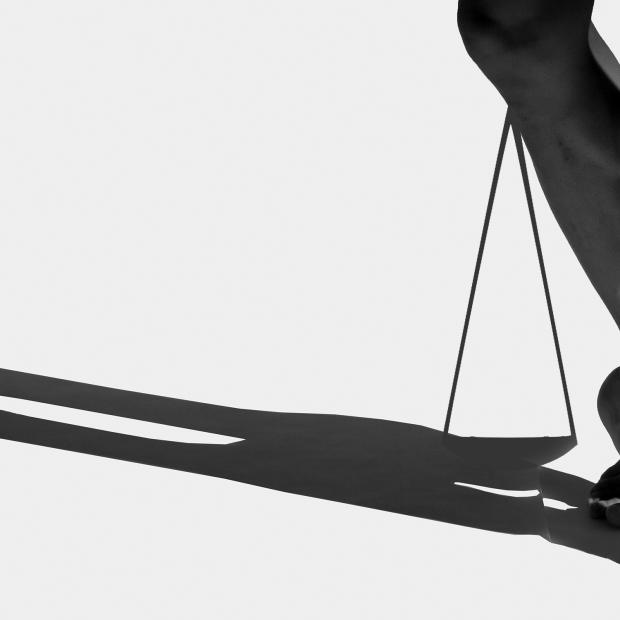
Join the colloquy
Arts + Justice
more
In this contemporary world of violent protests, internecine war, cries for food and peace, in which whole desert cities are thrown up to shelter the dispossessed, abandoned, terrified populations running for their lives and the breath of their children, what are we (the so-called civilized) to do?…This is precisely the time when artists go to work. There is no time for despair, no place for self-pity, no need for silence, no room for fear. We speak, we write, we do language. That is how civilizations heal. I know the world is bruised and bleeding, and though it is important not to ignore its pain, it is also critical to refuse to succumb to its malevolence. Like failure, chaos contains information that can lead to knowledge—even wisdom. Like art. (Toni Morrison, 2015)
Justice, a capacious conceptual category, impacts lives in quotidian and spectacular ways, influencing political institutions, impacting social relations, and inscribing bodies with deeply ingrained habits of thought. Approaching justice from the perspective of arts and culture enables us to attend to its affective, embodied, social, and political dimensions, thus bringing together a range of cross-disciplinary dialogues. While Arts and Justice began with a concentrated effort to coalesce around the particular crises of mass incarceration, privacy and surveillance, border politics, and aesthetics of protests that haunt a broken democracy, we already invite future conversations that exceed the police state, such as on climate justice, ecofeminism, and indigenous praxis. Out of these injustices, we hope to materialize a more just future.
The Arts + Justice Colloquy explores the relationship between the arts and justice using the arts to understand the symbiotic cultural life of law: culture shapes law and laws determine cultural practices. The arts are frequently celebrated for their capacity to evoke empathy and activate ethical responsibility. While artists have turned to forms of cultural expression to express a sense of voicelessness, this colloquy cautions against romantic celebrations of arts as panacea for social suffering. Cultural productions not only function as an antidote to injustice but can entrench dominant ideologies. Conversely, we are critical of an almost reflexive suspicion of law, which excoriates law as an a priori terrain of injustice, perpetuating existing discriminations. Collectively, these offerings imagine the legal terrain as culturally constituted, suffused with its own practices, and as a powerful force shaping our subjectivity, social relations, and political institutions. Releasing law from text and realizing it in performance provides a kinetic, dynamic mode of thinking about legal scripts activated in embodied and aesthetic form.
Scholarship on justice in the humanities has tended to cluster around "law and literature" formulations, which, while generative, are also limited in their purview. The focus on law-as-text underestimates the ways in which legal statutes determine and script live, embodied action; law awaits its full realization when it is released from text and realized in performance. To this end, performance provides a kinetic and dynamic mode of thinking about legal scripts that are activated in performance. These offerings expand beyond the frame to include exciting new work in performance studies, art history, music and sound studies, affect theory, critical race theory, new materialism, environmental humanities and queer theory.
These offerings reflect the guiding thoughts of the Arts + Justice Research Workshop as sponsored by the Stanford Humanities Center from 2020 to 2022 and coordinated by Professor Jisha Menon and graduate student Anna Jayne Kimmel, alongside an infinite team of supporting students, faculty, staff and community members. The series has been co-sponsored by: the Center for Comparative Studies in Race and Ethnicity, the Department of Theater and Performance Studies, and the Stanford Arts Institute.
Morrison, Toni. "No Place for Self-Pity, No Room for Fear." The Nation. March 23, 2015. Web.














